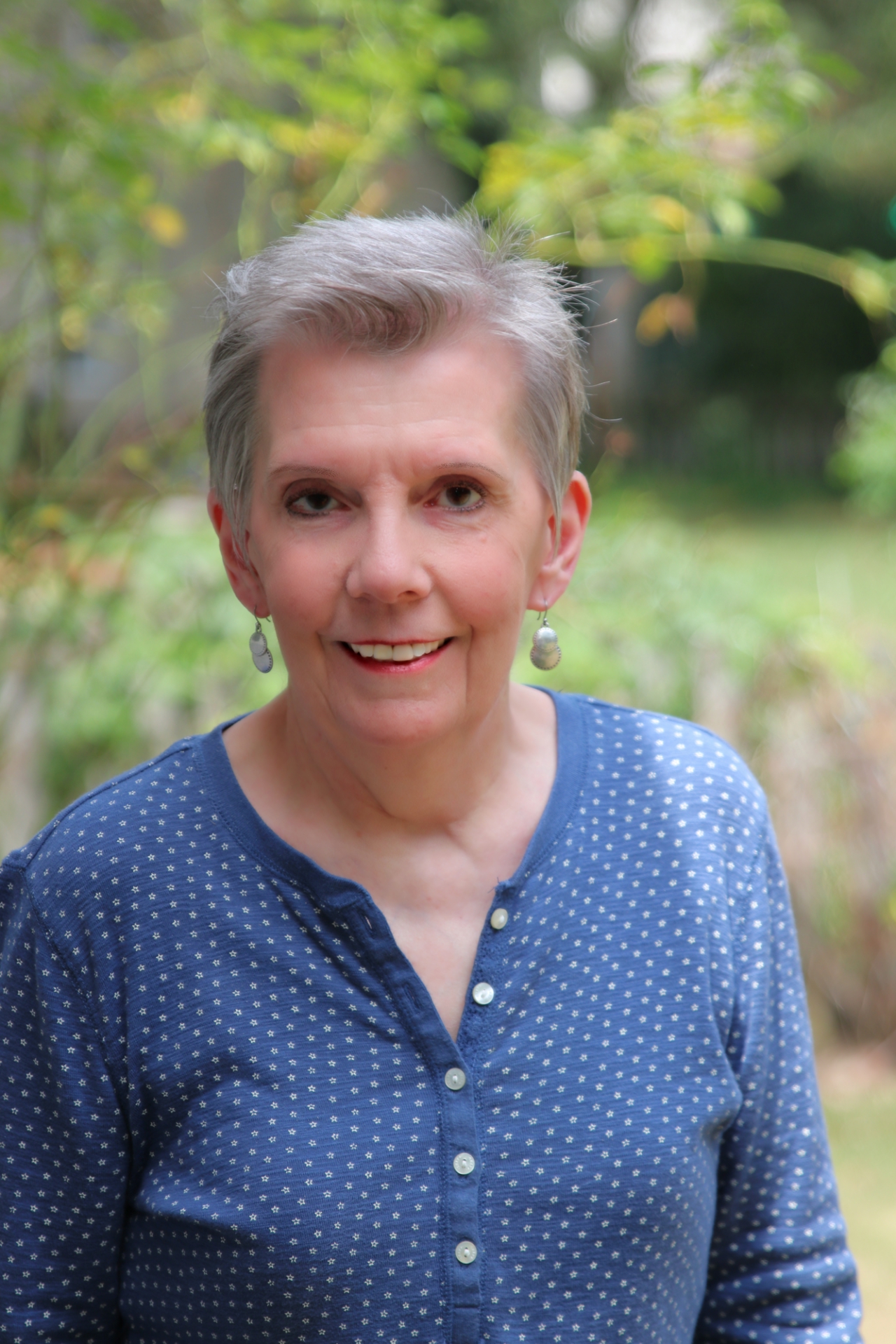“Stop being who you were and become who you are.”
[Paulo Coelho]
Here’s the interesting thing about us human beings—we may grow, change, and evolve on the outside yet the inside may get stuck at any point in the process. That state of being can present challenges we are not aware of when we look in the mirror. Unfortunately, “hidden stuck-ness” can be a sure prescription for not being able to move forward and truly become the person we were created to be.
If there are parts of us that could benefit from transformation, what is our part in making that happen? We can gain some insight for needed change when we view ourselves from the perspective of our physical, emotional, intellectual, and spiritual being.
When we begin to consume food and drink from an early age, we can be assured our body will become an adult human vessel that contains the other parts of our being. While our choices may delay this development, we cannot prevent physical growth.
Just as our physical body benefits from nourishment, so do our minds. For most of us, that means opportunities to go to school or learn independently. For many people the desire to grow in knowledge and wisdom continues throughout their lifetime.
Often our feelings and emotions are in the greatest need for growth and transformation—and the aspect of who we are that is most overlooked. Acquisition of facts and information are one thing. Learning how to live with our emotions in a healthy manner is quite another.
For better or worse, our experiences as children imprint our emotional development. If the majority of what we see, hear, taste, smell, or touch in our formative years is unhealthy, even dangerous, we may begin to suppress and repress the very emotions God has gifted to us. Unlearning these behaviors can take time and perseverance yet to do so can be worth every new moment of allowing ourselves to feel in ways we may have resisted in the past.
There’s no simple formula to stop being who we were and become who we are. On the other hand, if we are willing to let go of the old stuff that served us well in our youth [literally or figuratively], we might be amazed at our new sense of freedom and peace.
Here are three suggestions to ponder to help you stop and become:
While certainly not required, a mentor or spiritual companion [or clinical counselor, if necessary] can be an invaluable resource for identifying unhealthy or immature emotional or feeling behaviors. Ask a trusted friend, Christian leader, or someone you respect in your social circles or workplace for recommendations. A good companion will listen as they accompany you in your journey to seek truth, not attempt to tell you what to do based on their personal biases.
As you become more aware of the behaviors and thought processes you need to let go of, give yourself time to learn new ones. For example: children of parents who were/are alcohol or substance abusers are all too familiar with fear. In an effort to self-protect or not rock an already leaky boat, they often suppress the hard emotions—anger, despair, sadness, and so forth. As you begin to learn trust and feel safe, you can allow these feelings and emotions to surface in a healthy manner. As uncomfortable as this process may be in the beginning, you will eventually appreciate what they contribute to your overall sense of positivity and hope.
To stop and become can feel awkward when we are fully grown adults. Nonetheless, I speak from experience. All the floods of tears, outbursts of anger, and moans of heartbreak and pain I allowed myself to feel paved the way to becoming the person I am today. Perfect? Heck no. However, the occasional weeping, stomping of feet, mumbling and grumbling I go through now have shown me I’m not only human, I am a person wonderfully made and uniquely created in the image and likeness of God.
When we learn that our emotional transformation and wholeness is an integral part of who we are, day-to-day life takes on new meaning and purpose. When we decide to make the choice to “stop and become”, to press through the dust and broken pieces of what no longer works, we discover aspects of ourselves that sparkle as diamonds. In that light, why not give yourself—and the rest of us—the gift of who you really are?
How do I feel about the idea of stop and become?
Am I open to letting God show me what behaviors/attitudes I need to let go of?
How do I feel about feelings and emotions?
Which emotions do I resist feeling? Why?







